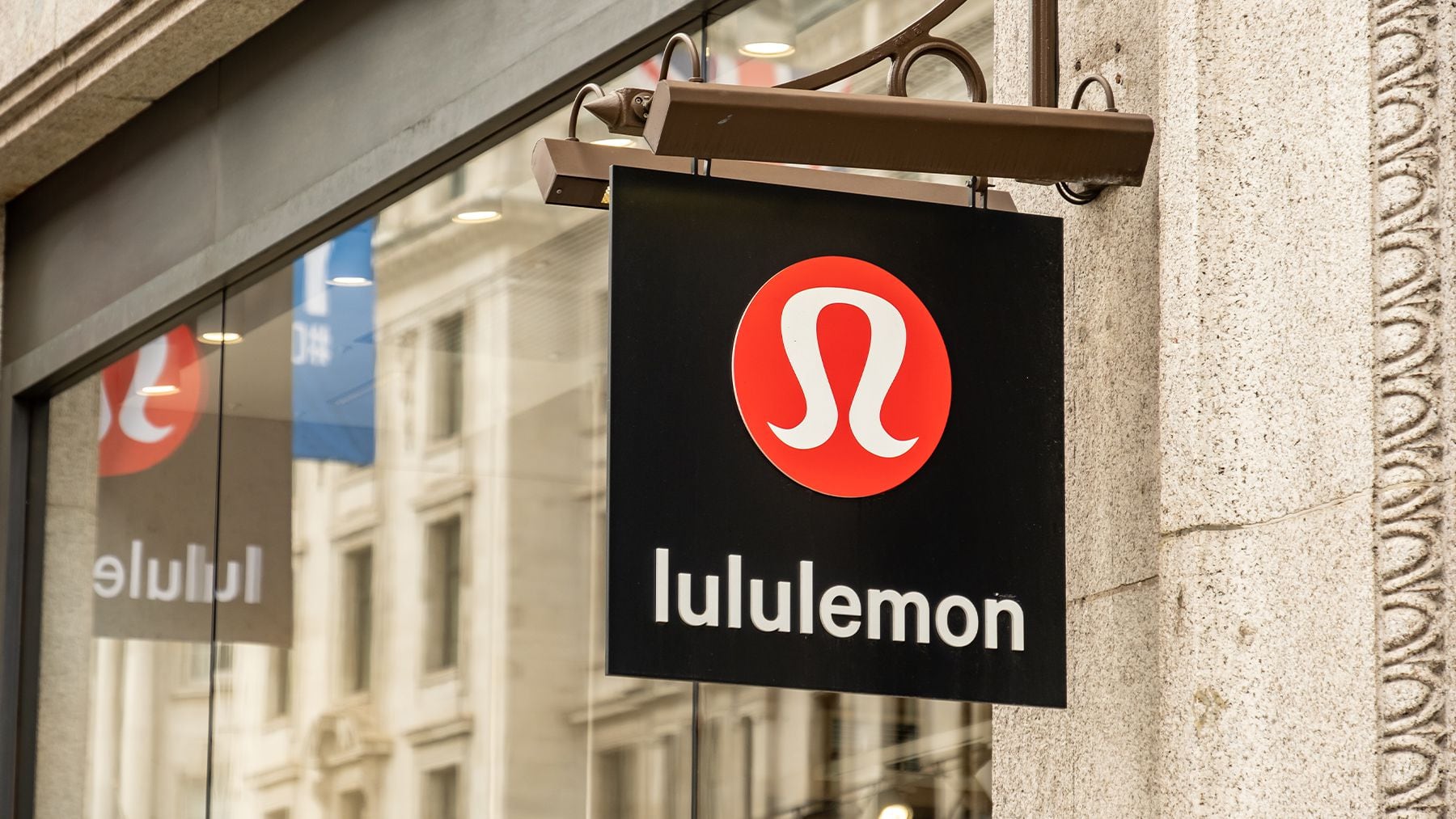
Lululemon Athletica Inc.’s fourth-quarter revenue guidance trailed Wall Street estimates, a rare miss for the retailer whose performance routinely exceeds investor expectations.
Sales growth at the activewear company, while still robust compared with most peers, is slowing as higher-income shoppers spend more on things like travel and entertainment rather than apparel. Lululemon said Thursday that revenue in the holiday quarter is expected to be up 13 percent to 14 percent over last year, down from 19 percent growth seen in the three-month period that just ended.
On a call with analysts, CFO Meghan Frank said the company was pleased with its Thanksgiving weekend sales but it’s “being prudent with the planning” for the remainder of the quarter, which ends in late January.
The shares fell 2.3 percent at 5:04 PM in late New York trading. The stock’s strong performance this year — more than double the gain of the S&P 500 Index — has increased pressure for the company to keep up its pace of growth.
“It is crucial to note that the current price has reached an all-time high, accompanied by exceptionally elevated investor expectations,” Jessica Ramírez, an analyst at Jane Hali & Associates, wrote in a note ahead of Lululemon’s earnings. “This situation implies that any misstep in even a single aspect could potentially limit upside in the very near term.”
From its roots as a yogawear company, Lululemon has enticed shoppers globally with leggings and other sportswear that sell at a premium price. In addition to loyalty in the US and Canada, where it is based, the company has honed its growth strategy outside North America, where revenue rose 49 percent in the third quarter.
The retailer forecast fourth-quarter revenue in the range of $3.14 billion to $3.17 billion, while analysts surveyed by Bloomberg were looking for $3.18 billion, on average.
In the third quarter, adjusted earnings per share came in better than expected while operating margin and gross margin missed Wall Street estimates. Lululemon recognised $72.1 million in charges in the quarter related to Mirror, the fitness product it plans to discontinue after inking a partnership with Peloton Interactive Inc. in September.
By Olivia Rockeman
Learn more:
At Lululemon, Being Black Is ‘Off-Brand’
In 2020, like many companies, the $50 billion yoga apparel brand created a new department to improve internal diversity and inclusion, and to create a more equitable playing field for minorities. In interviews with BoF, 14 current and former employees said things only got worse.



